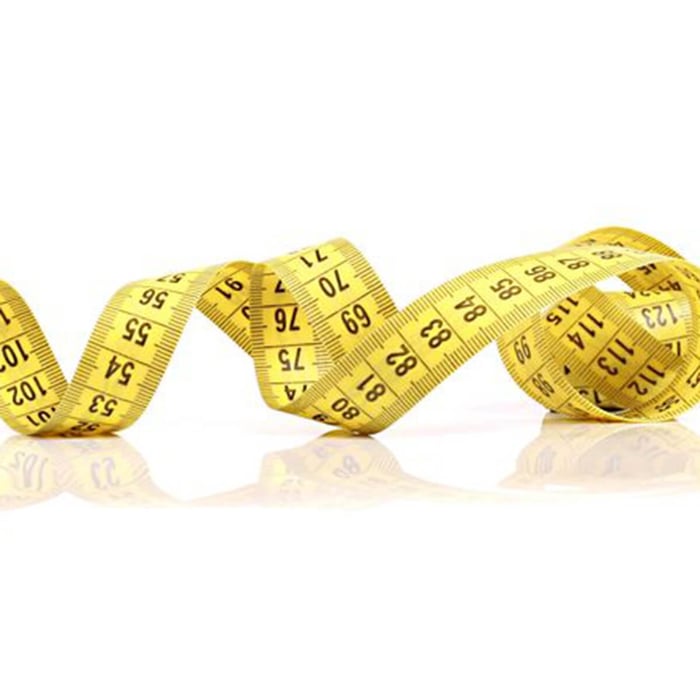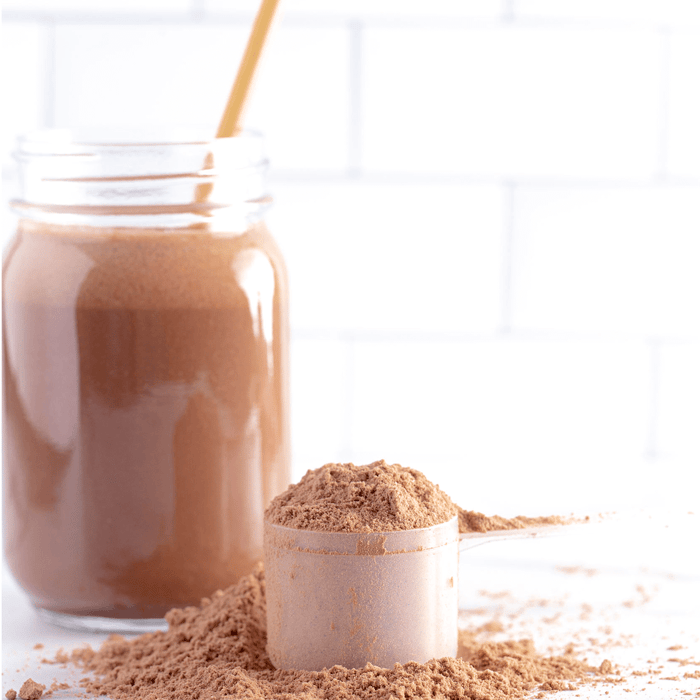Diet Progression After Bariatric Surgery
Lifestyle
April 11th, 2019
Diet Progression After Bariatric Surgery
Many patients have heard that there's a diet progression after bariatric surgery (and possibly before). A lot of patients report being nervous about the liquid diet. But why is there a diet progression? Why do you have to follow different diets? Let's take a look at a brief description of the common diet progressions and why they're recommended.
This is the one time we readily use the word "diet" as a diet is a short-term change to your eating pattern. The "diet" that is being recommended long-term; we typically prefer to call a healthy eating plan instead of using the word diet.
Examples of Diet Progressions
The diet progression allows patients to move through different phases, eventually eating solid foods again. The amount of time in each stage may vary according to each surgeon or dietitian's recommendation as well as each individual patient. Be sure to follow the exact recommendations of your program.
Pre-Operative
Some surgeons have their patients follow a special diet pre-operatively. This diet may include either a full-liquid meal plan or it may be a combination of food and High Protein Meal Replacements. Some surgeons may recommend that patients follow some sort of a low-carbohydrate eating plan. These types of diets are done to make your surgery safer. In many obese patients, the liver is enlarged. The liver sits in front of the stomach and in order to operate in a safe manner the liver is held in what is called a retractor in laparoscopic procedures. If the liver is too large it may not stay within the retractor (what holds the liver out of the way) and increases the risk of surgical complications. By following a low carbohydrate, low fat, and low-calorie diet (liquid or food) it allows the liver to shrink, making the surgery safer.
Post-Operative Diets
Most patients start on a liquid diet (often clear or full; some use both phases of clear liquids and then progress to full liquids) immediately following surgery. The length of time on the liquid diet post-op will vary from program to program.
A clear liquid diet allows you to have an adequate intake of fluid, electrolytes, and gives your stomach and/or intestines (depending upon which surgery you had) time to heal, reducing your risk of complications post-operatively. Based on one survey of dietitians working in bariatrics, this stage averaged 1-2 days.
Full Liquid Diet
A full liquid diet is slightly thicker (more like a milk consistency as opposed to a water consistency) and allows more calories and nutrients to promote healing and reduce the risk of complications. Based on one survey of dietitians working in bariatrics, this stage averaged 10-14 days.
Pureed
Most dietitians describe the pureed stage as eating foods with an applesauce consistency. This stage typically lasts anywhere from 2-4 weeks, but may vary from program to program as do the other stages. Typically, there are no solid pieces during this stage. Most patients are still sensitive to spicy or dairy foods at this phase. Following a pureed diet allows you to gradually increase your toleration of foods in your stomach and intestines. Based on a survey of bariatric dietitians, this stage lasted greater than 10 days.
Soft Foods
Typically, if you can mash the food with your fork, it’s acceptable to eat. This stage allows patients to eat foods that will pass easily through the stomach to the intestines. Based on a survey of bariatric dietitians, this stage lasted greater than 14 days.
Solid Foods
Spicy foods, among other foods, may still be difficult to tolerate. It’s important to start slowly and add new foods one at a time to determine what exactly you can tolerate.
Safety
One of the biggest reasons that there are different diets is due to safety reasons. The diet progression also allows the staple line of your stomach (in gastric bypass and/or sleeve gastrectomy) to heal without being stretched by the foods that you eat. A diet progression also allows you to adjust to eating smaller amounts of foods and learn what is digested comfortably and safely. Following the recommended diet progression helps avoid side effects and complications. Some of the risks associated with not properly following your recommended diet progression include:
- Dumping Syndrome – if you had gastric bypass you might experience dumping syndrome if you eat foods high in sugar (or even simple carbohydrates – e.g., mashed potatoes, white bread, white pasta, etc.) or fat.
- Dehydration – dehydration is one of the most common reasons patients are readmitted to the hospital following bariatric surgery. Some programs recommend that patients do not drink with their meals, making it difficult to achieve the recommended fluid intake. Also, it’s difficult to drink large amounts of fluid immediately following surgery, thereby increasing your risk of dehydration. Starting a liquid diet only increases the chances of you achieving your fluid goals.
- Reflux – following the proper diet stages will also help minimize acid reflux.
- Nausea and vomiting – eating too much, eating too fast, not chewing your food properly, and eating foods before they’re recommended may cause nausea and/or vomiting following your bariatric surgery.
- Constipation – not eating regularly, not getting in enough fluid, not eating fibrous foods, and not exercising (or being physically active) may increase your risk of constipation post-operatively.
- Satiety – satiety is the feeling of fullness. Following the recommended diet stages will help you re-learn your feeling of fullness and help you avoid overeating.
Part of going through the different diet stages will help you learn your new signs of fullness and what foods you can tolerate. As you progress in your diet stages, it’s important to try only one food at a time. Certain foods may not be tolerated and this can vary between individuals. Chew each new food to an applesauce consistency before swallowing. If food causes a discomfort, you may want to avoid it and then try it again in a couple of weeks. Most often, patients can tolerate the majority of food over time.
Think of this diet progression like feeding a baby. Just as a baby progresses from liquid (breast milk or formula) to puréed (like applesauce) to soft (like mashed sweet potatoes without the skin) to regular food, you will as well. Once babies start solid food, they add one food at a time decreasing the risk of food allergies. Granted we aren’t concerned about allergies with bariatric surgery patients at this time, but you can see the similarities.
Keeping a food journal may help you see which foods you tolerate well and which ones may need to be saved for later. Keep in mind; you can better understand emotional triggers from journaling as well. Don’t just write down the foods though; also record the amounts, how you felt that day (happy, stressed, etc.), and how well it was tolerated.
Energy and Healing By following the recommended diet plan, you will consume adequate energy (calories) and nutrients, which are necessary to support healing. The consumption of adequate protein and calories also assists in maintaining lean muscle mass as often times muscle mass is lost during extreme weight loss. This is important because muscle mass helps to keep your metabolism burning at a higher rate (burning more calories per day) while even at rest.
Keep in mind every patient and every surgery is different. Be sure to follow the instructions of your physician and/or dietitian to reduce your risk of surgical complications. Even the stages may vary from surgery to surgery or be different lengths. Remember as much as these stages are not fun, they serve a purpose and they are not forever! You’ll be eating regular food in a short time and all of this will be well worth it!
High Protein Meal Replacement Powder

$34.99
Our high protein meal replacement powders utilize a blend of high-quality whey protein isolate and soy protein isolate and boasts a PDCAA score of 100 (out of 100); making our meal replacement shake a complete protein. Each protein shake contains… read more




